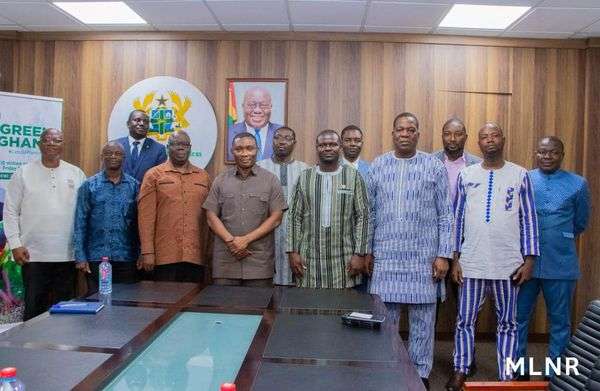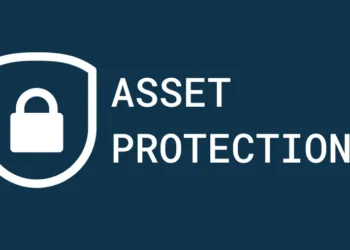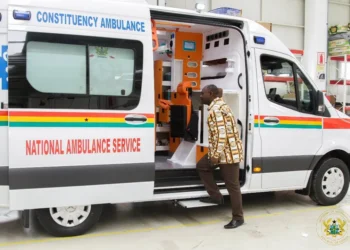Deputy minister for Land and Natural Resources responsible for mining, George Mireku Duker, has reignited conversations on the need for leading gold-producing countries, particularly African countries to have a direct say in the determination of the price of the commodity.
According to him, the current situation where Ghana, Burkina Faso, South Africa and other countries do not have a spot at the table where such critical decisions are taken is an aberration that requires urgent rectification. In light of this, he appealed to leading gold producers on the continent to come together and seek direct representation at the global front where they will directly influence decisions on the commodities produced by their countries.
Speaking during his reception of a delegation on behalf of the sector minister from Burkina Faso’s Ministry of Mines and Quarry who are in the country to inform and invite the Ministry of an upcoming mining program dubbed: ‘West African Mining Activity Week’, slated for 28th to 30th September 2023, Mr Duker expressed excitement over the prospects of the program.
After briefing the delegation on the organogram of Ghana’s Ministry of Lands and Natural Resources, the Deputy Minister outlined how government seeks to transform the mining sector with creative initiatives and measures.
With this, he explained that government’s plans for the mining sector is anchored on two things, which are value addition and the overhauling of the small-scale mining sector from an industry dominated by illegal mining activities. He stated that the aim is to equally ensure a responsible and sustainable industry that contributes to national development through the economic empowerment of Ghanaian locals.
Value addition to mineral production
Furthermore, Mr Duker underscored the establishment of GIADEC, GISDEC and government’s commitment to moving Ghana from a purely mineral producing country to a mineral processing nation.
On his part, the Minister of Mines and Quarries for Burkina Faso, Mr Simon Pierre Boussim, who led the delegation disclosed that his country faces similar mining challenges as Ghana. Nonetheless, he stated that he was impressed with the initiatives implemented by Ghana and is therefore prepared to tap from Ghana’s rich experience.
He reckoned that the program scheduled for September this year, is yet another opportunity for African countries to share ideas on growing the mining industry and that Ghana as a leader in the production of gold and other minerals should be an active participant.
In August this year, Ghana approved a green-minerals policy to help manage the exploitation and production of lithium, a step toward tapping into the multibillion-dollar global industry.
A month prior, Minister for Lands and Natural Resources, Samuel Jinapor, expressed government’s commitment to add value to Ghana’s mineral resources, particularly the green minerals. Additionally, he stated that it will provide clear guidelines and a fiscal regime for mining green minerals in a manner that ensures Ghana derives as much benefit as possible from its resources.
Mr Jinapor revealed that the surest way to benefit from the green minerals in view of the green energy transition was to ensure value addition. He highlighted that one of the reasons Africa had not benefited from its several years of mining was the over-concentration on the export of raw minerals.
Furthermore, the lands minister noted that a policy for the exploitation, management and utilization of the country’s green minerals was currently before Cabinet for its consideration. He indicated that the overall object of the policy was to ensure that the Ghanaian public benefited from those minerals through value addition, local content and local participation.
To this end, he expressed optimism that Cabinet would soon approve the policy to pave the way for the exploitation of lithium resources.
READ ALSO: There Cannot Be Justification For Coups, Takes Nations Decades Back- Security Analyst





















